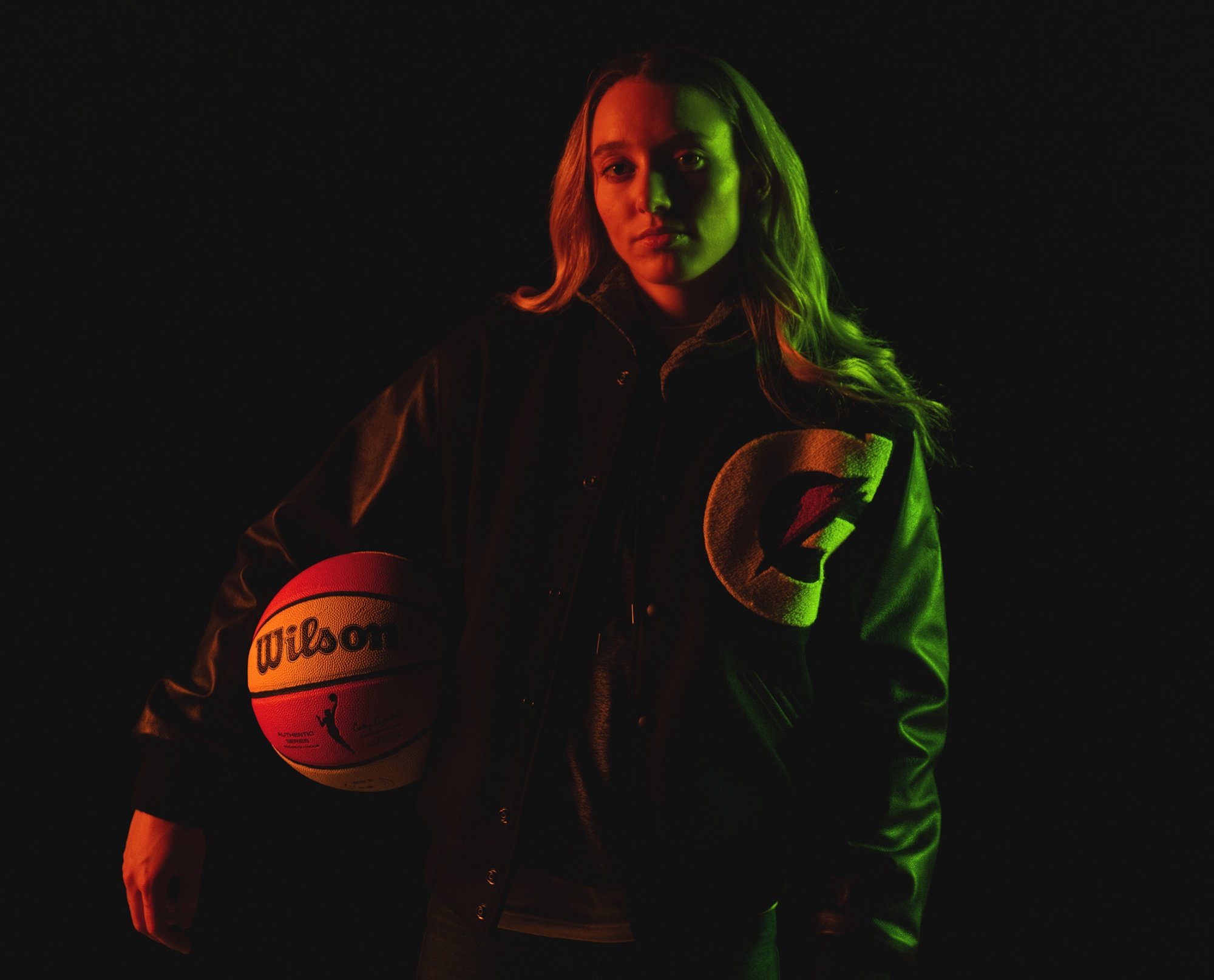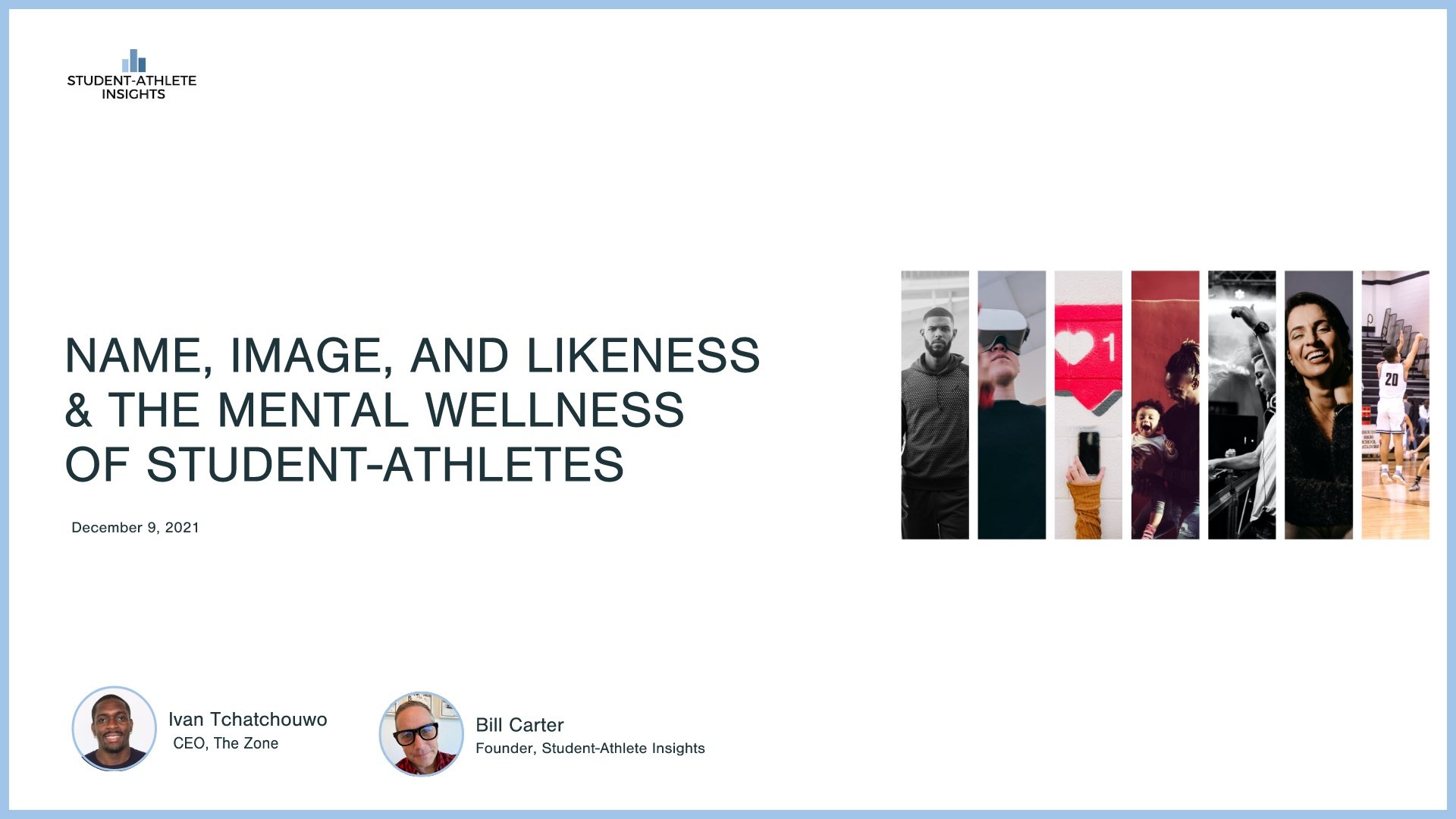This Week Was the Most Significant in the Short History of NIL
This Partnership Is the First of It’s Kind in the NIL Era
Earlier this week, University of Connecticut and reigning Wooden and Naismith award winner Paige Bueckers, became Gatorade’s first college student-athlete to sign an endorsement deal. She joins Serena Williams and Lionel Messi on the Gatorade roster that includes some of the most elite athletes in the world.
But the significance of the Bueckers-Gatorade partnership is is not in its visibility or dollar value (financial terms were not disclosed.) Rather the importance is in who the central player* is and the ripple effect this deal will have.
*The central player is PepsiCo, who owns Gatorade. As a client for over 20 years of the sports marketing agency I founded, I believe that this Pepsi partnership will prove to be a tipping point in the NIL era.
PepsiCo’s Sports Marketing Team Is a Leader in the Industry
Pepsi and Gatorade’s sports marketing operations are among the most sophisticated in the world and their personnel is the best in sports (their alumni are the Presidents and CMO’s of places like Dick’s Sporting Goods and Boston Beer Co. and are spread throughout pro teams, leagues, and the sports industry.)
Since July, many brands have done NIL deals for short-term media value, as a means to support their alma mater, or for PR. PepsiCo is focused on one thing and one thing only - the cold hard data that ensures that an athlete sponsorship will yield product sales significantly above its sponsorship cost. Period, end of story.
And that cost may surprise you. Because what consumers or fans read about is only a fraction of what a company like PepsiCo puts into their athlete partnerships. Again, financial terms of the Bueckers-Gatorade endorsement were not disclosed (and I have no insider knowledge), but for the sake of illustration, let’s assume she is being paid $500,000 per year. That’s not PepsiCo’s cost here. Brands like Gatorade typically spend 3x-5x the sponsorship fee in “activation costs.” Activation is the promotion of the relationship between the athlete and the brand sponsor (Bloomberg has reported that Bueckers’ deal includes, “television commercials, social posts, product collaborations and events.”)
So in this example, Gatorade’s real commitment is somewhere between $1.5-$2.5 million in activation costs + $500,000 in a sponsorship fee = $2-$3 million. Using the more conservative # of $2 million, at $2 for a 20oz Gatorade, they will need to sell 1,000,000 units to break even and about 1.2 million units to deem the partnership a success. History says that they will. It worked out with Derek Jeter, Peyton Manning, and another young up-and-coming basketball player in his day, Michael Jordan.
The Ripple Effect
Back on July 6, I posted an article about how NIL deals would not come fast and furious, but rather that they would be slow as Fortune 500 marketers took their time to understand the new landscape. I pointed to the supply side of this new marketplace now flooded with over 560,000 student-athletes (there were only about 10,000 sponsor-able, professional athletes in the U.S. prior to July 1.)
But now PepsiCo has acted. They evaluated that marketplace, developed an activation plan, and negotiated an agreement. It took 5 months for a deal of this nature to happen, but now I suspect that we will see a much faster pace as new deals from major sports brands emerge.
One last thing. As a friend said to me on Monday about the Bueckers-Gatorade partnership, “Why do YOU care? YOU are about NIL for All student-athletes!” She’s right in that I care much more that NIL works for many student-athletes than I do for select few student-athlete who stand to make a lot of money. But NIL is a marketplace and as the saying goes, a rising tide helps all boats. The Bueckers-Gatorade deal will be a success and will lead to more opportunities for more student-athletes at all levels.



